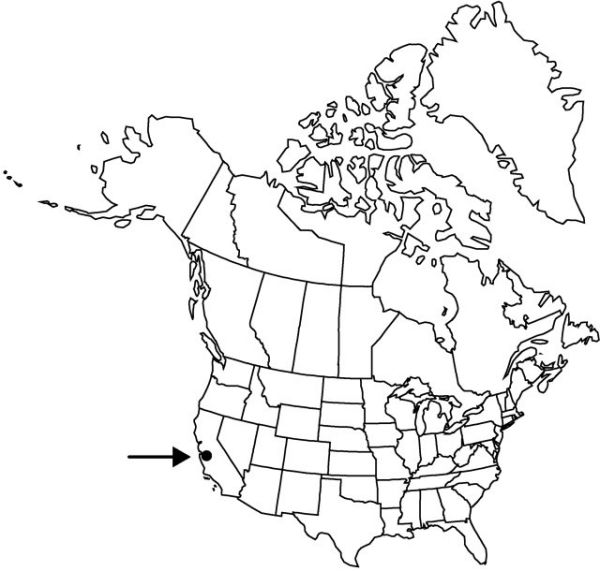Difference between revisions of "Fritillaria viridea"
Proc. Calif. Acad. Sci. 2: 9. 1863.
Common names: San Benito fritillary
Endemic
FNA>Volume Importer |
imported>Volume Importer |
||
| (3 intermediate revisions by 2 users not shown) | |||
| Line 8: | Line 8: | ||
}} | }} | ||
|common_names=San Benito fritillary | |common_names=San Benito fritillary | ||
| + | |special_status={{Treatment/ID/Special_status | ||
| + | |code=E | ||
| + | |label=Endemic | ||
| + | }} | ||
|basionyms= | |basionyms= | ||
|synonyms= | |synonyms= | ||
| Line 33: | Line 37: | ||
-->{{#Taxon: | -->{{#Taxon: | ||
name=Fritillaria viridea | name=Fritillaria viridea | ||
| − | |||
|authority=Kellogg | |authority=Kellogg | ||
|rank=species | |rank=species | ||
| Line 47: | Line 50: | ||
|publication title=Proc. Calif. Acad. Sci. | |publication title=Proc. Calif. Acad. Sci. | ||
|publication year=1863 | |publication year=1863 | ||
| − | |special status= | + | |special status=Endemic |
| − | |source xml=https:// | + | |source xml=https://bitbucket.org/aafc-mbb/fna-data-curation/src/2e0870ddd59836b60bcf96646a41e87ea5a5943a/coarse_grained_fna_xml/V26/V26_300.xml |
|genus=Fritillaria | |genus=Fritillaria | ||
|species=Fritillaria viridea | |species=Fritillaria viridea | ||
Latest revision as of 21:14, 5 November 2020
Bulb scales: large 3–5; small 0–4. Stem 3–6.5 dm. Leaves in 1–2 whorls of 3–4 leaves per node proximally, alternate distally, 4–10 cm, usually shorter than inflorescence; blade narrowly lanceolate; distal leaves usually ± equaling proximalmost leaf. Flowers nodding; tepals pale green to almost black, not mottled, lanceolate, 0.9–1.8 cm, apex not recurved; nectaries green, lanceolate, ca. 1/2 tepal length; style obviously branched for 1/2 its length, branches longer than 1.5 mm. Capsules winged.
Phenology: Flowering Apr–May.
Habitat: Serpentine slopes
Elevation: 200–1500 m
Discussion
Fritillaria viridea is considered rare and endangered in California. It is closely related to F. affinis and considered synonymous with it by some authors.
Selected References
None.
Lower Taxa
None.
